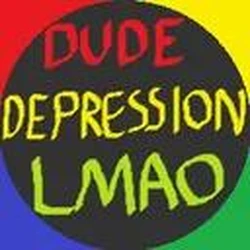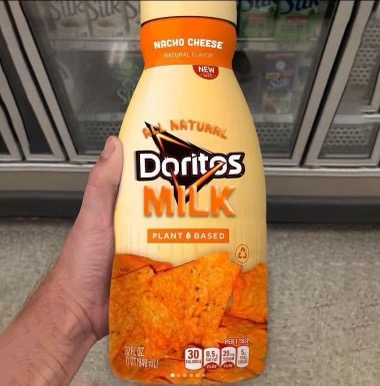Extreme focus on protein these days is really weird, especially in Western diets high in meat. As long as you’re a relatively healthy adult and not pregnant, a healthy daily protein intake is about 0.8 grams of protein for every kilogram of weight. If you weigh 100 kg (about 220 lbs), you’re looking at 80g per day. On a 2000-Calorie diet, that’s about 15% of your calories from protein. This represents about 250 grams (~9 oz) of chicken breast. For your entire daily value. The entire rest of the day you could just drink water if you solely cared about protein intake. And this is again for someone who would be considered clinically obese by BMI were they 180 cm (5’11").
Colloquially we call meats and a select few plant-based foods “proteins” in the context of meal composition, but these are just called that because they’re especially rich sources. You’ll find yourself consuming protein all the time throughout the day even when you aren’t trying. Every 100 grams of oats, for example, has about 14 grams of protein. Factors like completeness matter too, of course, but realistically, you are getting enough protein unless you’re living on three square meals of ramen per day. Even then, for a random chicken-flavored instant ramen packet I found online, that’s 13 grams of protein, so three square meals would yield 39 grams, or about enough for someone weighing 50 kg (~110 lb). And even then, the 0.8 g/kg isn’t an absolute bare minimum beyond which you’ll become anemic and waste away and die; it’s a healthy amount.
What Western diets desperately do need to focus on, however, is fiber. As an example, only 5% of Americans meet or exceed their recommended daily intake of fiber.























“Russia invades Ukraine.” “Um ackshually many Russians do not support this move.”
You understand how discussing groups as a singular entity works, right?